- Potentially Treatable Condition
- Body
- Blood Vessel Disease
- HOME
- ABOUT
- RESEARCH
- INSIGHTS & HAPPENINGS
- JOIN US
- CONTACT US
-

Blood Vessel Disease: Blood vessel or vascular disease is a condition that affects the blood vessels that distribute nutrients and oxygen throughout the body and eliminate wastes from the body.
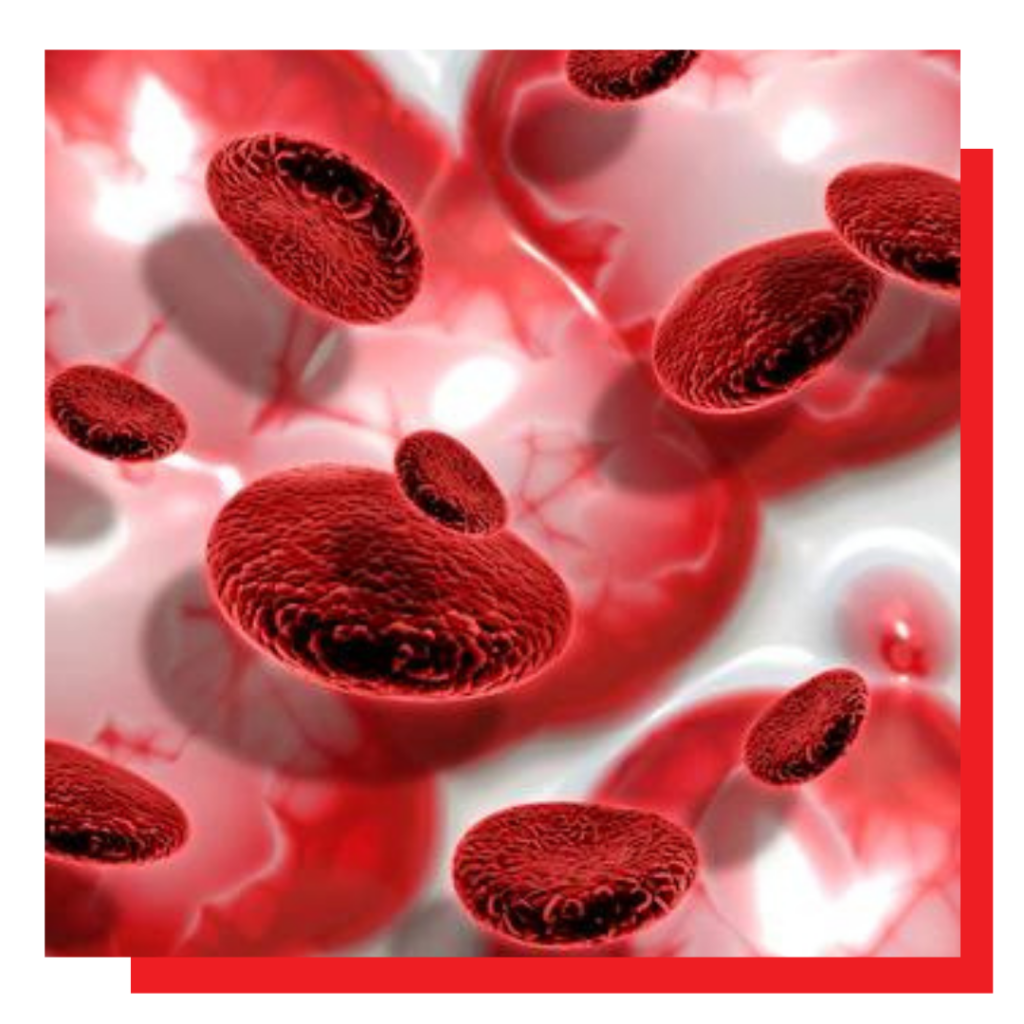
Blood vessel diseases are any conditions where the network of blood vessels are affected. This includes problems arising from arteries, veins and vessels that carry lymph besides the disruption in the movement of blood flow.
Different types of blood vessel diseases include
Symptoms can vary according to the type of vascular disease. Among the general symptoms include:
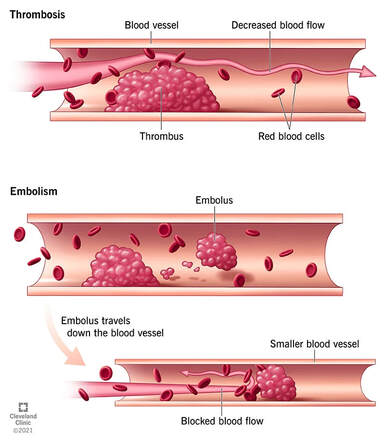
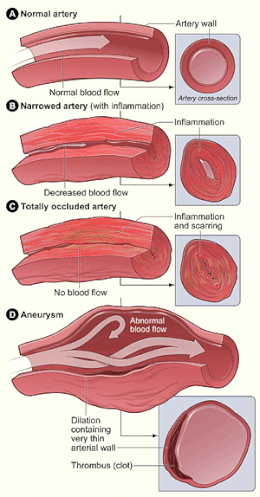
The process of how inflammation can cause blockage of blood vessels
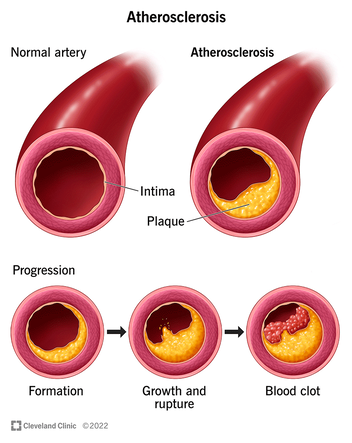


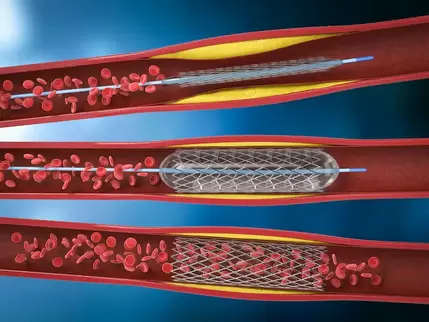

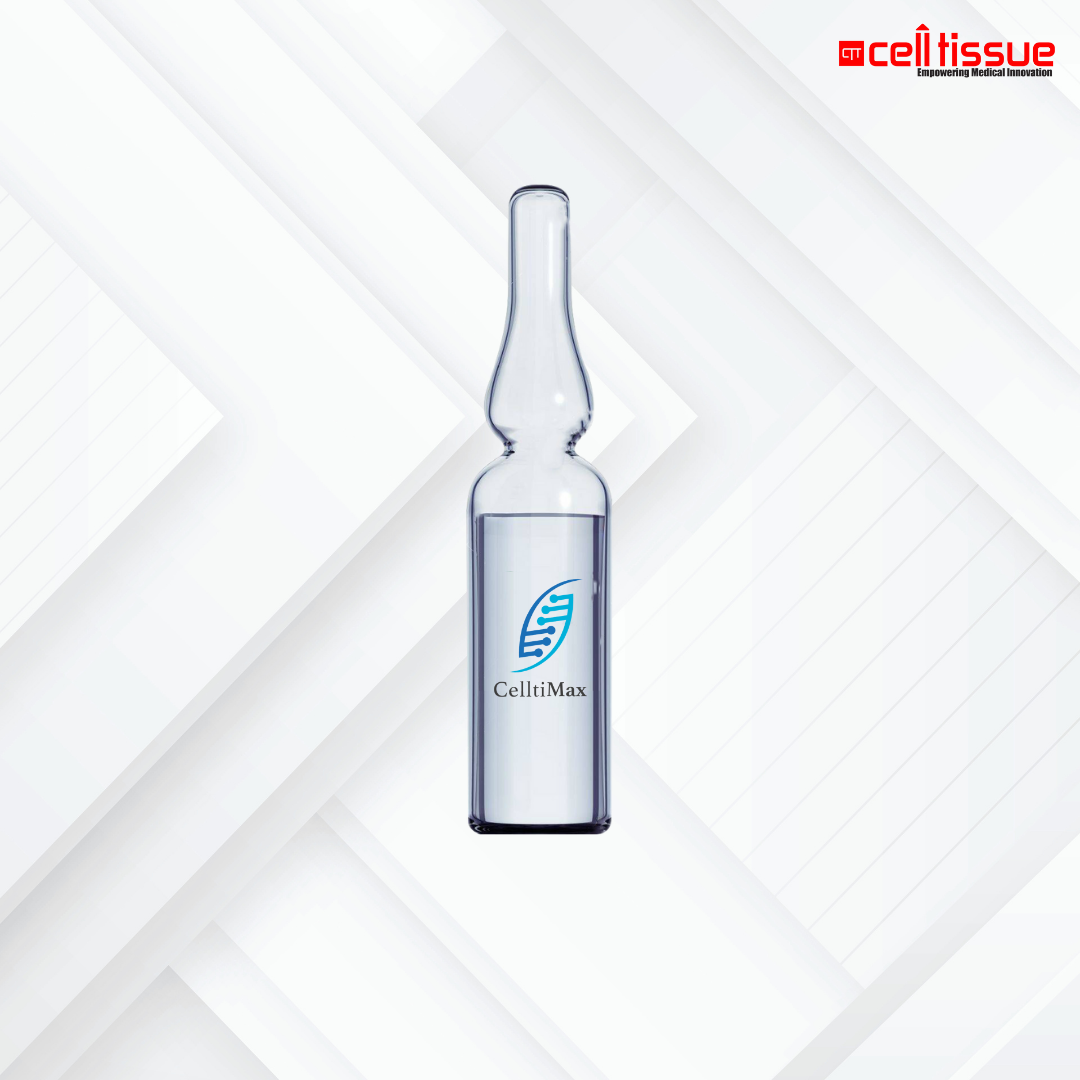
CelltiMax is a product derived from human umbilical cord-derived Mesenchymal Stem Cells (MSCs). The cells are cultured, then administered to the patient via intramuscular or intravenous injection.
The cells have low immunogenicity making them safe, well-tolerated and free of side effects. They have the ability to differentiate into specialized cells with specific functions for various parts of the body, and can reduce inflammation, repair, renew, regenerate, and replace damaged cells.
Stem Cell Research

If you feel we might be able to offer meaningful improvement to both your condition and your quality of life, then please reach out to schedule a free consultation with one of our in-house clinical experts. We offer consultations in both Malay and English.





Review your medical history & recent evaluations
Explore what your treatment package might look like
Answer any questions you have about us
Answer any questions you have about the therapies
Discuss practical next steps,
if you feel we can effectively treat you
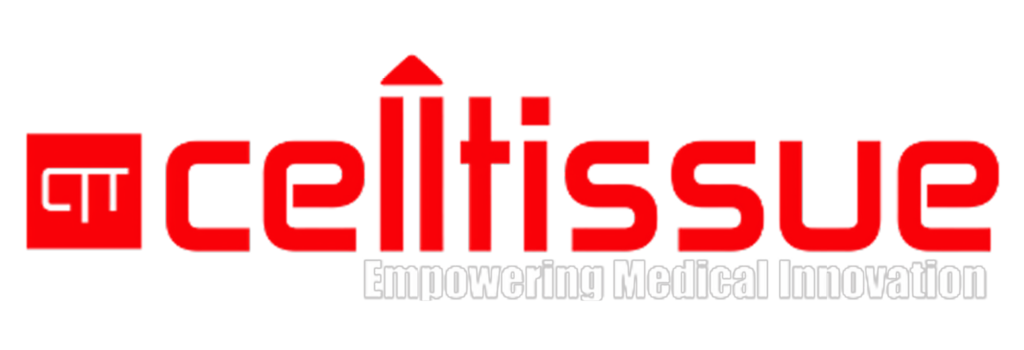
Founded in 2010, Cell Tissue Group is a pioneering Malaysian medical technology company and a spin-off from the National University of Malaysia (UKM). As Malaysia’s first Tissue Engineering firm, Cell Tissue Group operates within a certified cGMP laboratory, ensuring the highest standards of medical research and product development, particularly in Tissue Engineering and Regenerative Medicine.

Founded in 2010, Cell Tissue Group is a pioneering Malaysian medical technology company and a spin-off from the National University of Malaysia (UKM). As Malaysia’s first Tissue Engineering firm, Cell Tissue Group operates within a certified cGMP laboratory, ensuring the highest standards of medical research and product development, particularly in Tissue Engineering and Regenerative Medicine.
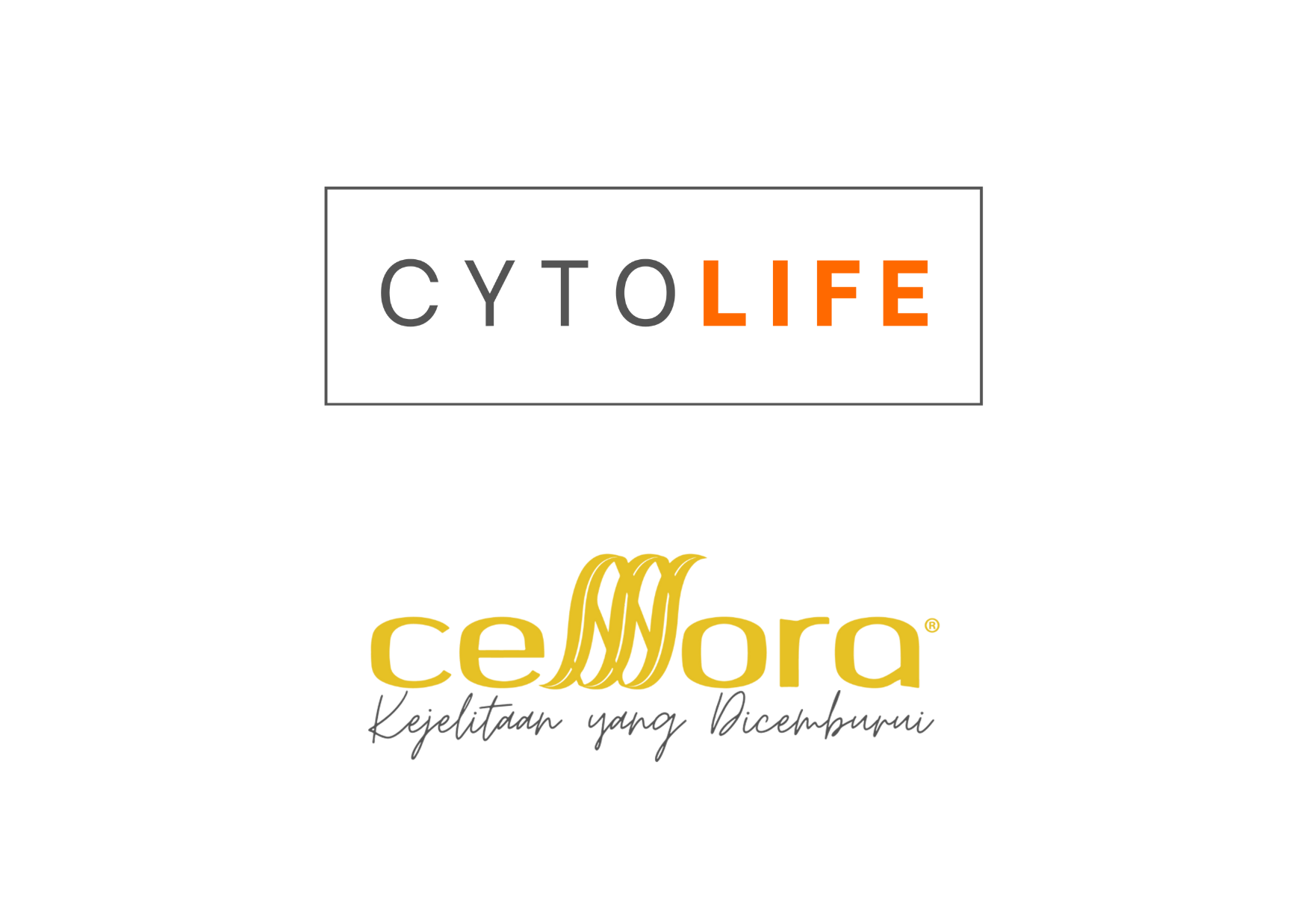
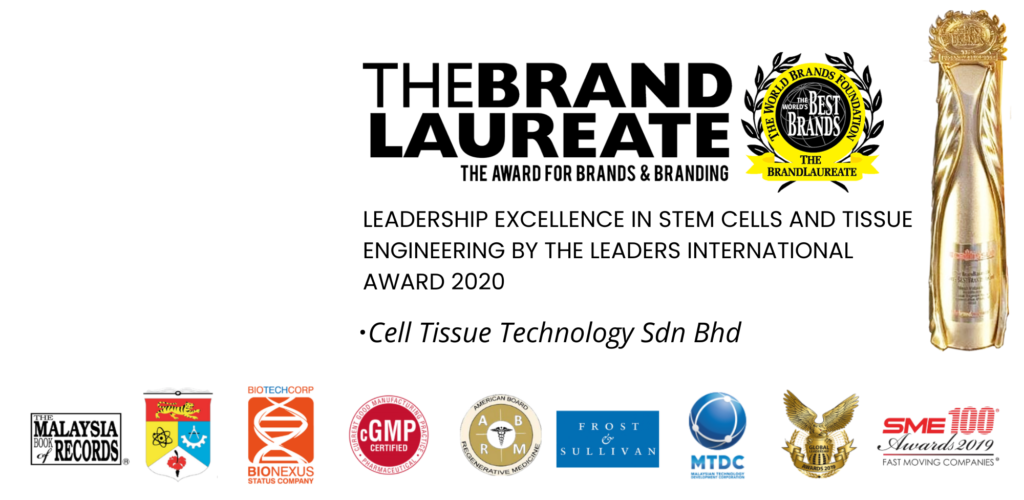
Proudly powered by CTG © 2010-2024 Cell Tissue Group, a Universiti Kebangsaan Malaysia Spin-Off Company. – All Rights Reserved.